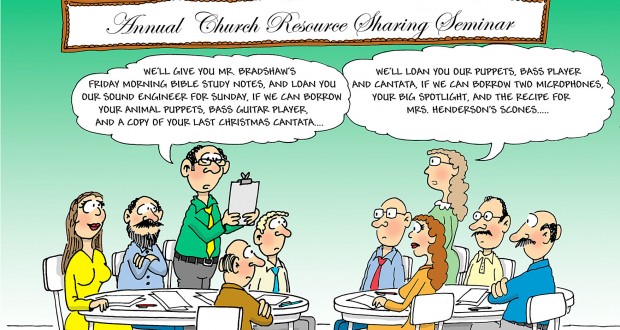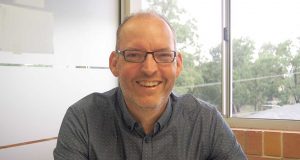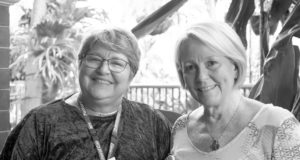Lending a helping hand is not only part of Australian culture, it’s central to what makes the Uniting Church what it is. Scott Guyatt writes about how churches can help one another.
Queensland is a big place.
Every now and then it’s worth reminding ourselves just how big Queensland is, and just how diverse its communities and contexts. To drive for days from the highly urbanised south-east, through large regional centres and to the isolated communities of the far west or north, for example, is an eye-opening experience.
This is no less true in the church, as in the wider community—the diversity of context, of resource, of outlook is considerable.
What then does it mean for us to speak of ourselves as one church? To be a church that is “uniting” not just in terms of our outlook toward other denominations, but toward other elements within our own body?
How can we more effectively live out this invitation to be the body of Christ? To recognise within our extended body that there are many parts—the eye, the elbow, the ear and that little dangly bit at the back of our throat? To know full well that if one part of our body hurts, we all hurt? Or that for the whole body to be healthy, the individual parts need to be healthy first?
There is no question that we face many challenges in our life as church, and equally no question that some of these can appear more immediate in rural and remote contexts: congregations that are fragile, ministry placements vacant for months (or more), faith communities endeavouring to be a sign of hope in communities buckling under the weight of drought or withdrawal of government services.
If we are to be constantly uniting, if we are to be known by our love for one another then this daily reality stands as a challenge to us.
How do the different parts of our body support one another? How does a rural congregation experience the love and support of an urban congregation? How does the lived experience of a rural community thriving in the face of disadvantage inspire and equip a congregation in a regional or metropolitan Brisbane setting?
How do the gifts of God, to the people of God, become shared with the whole body?
The questions are obvious, the solutions less so. The starting point might just be a commitment to love one another, to being one (healthy) body, and to partnership.
Queensland is a big place. Where can you begin?
Scott is a project officer for mission engagement with the Uniting Church Queensland Synod.
 JourneyOnline
JourneyOnline






